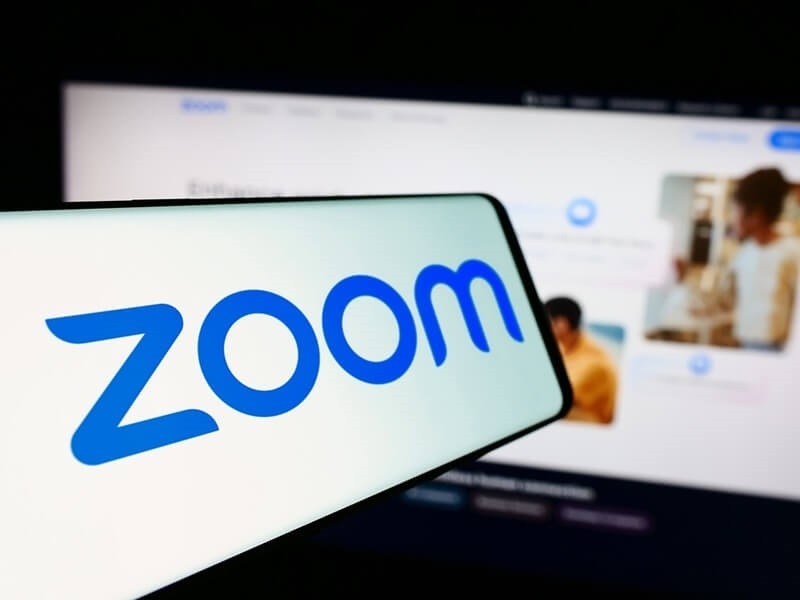
For the last few years, the demand for real-time audio communication solutions has gone through the roof. Discord and Zoom are the current leaders for remote working meetings, team catch-ups, or general conversation purposes. But when it comes to live audio chat, here's Discord vs Zoom huddles voice comparison.
Both services are popular for voice communications but were initially designed with slightly differing core user bases. Discord was originally designed for online communities and gamers, and Zoom was initially designed for business meetings and corporate communications. Both have grown, and both services now include convenient live audio tools. This blog compares their differences and strengths to help you choose the best tool for your use case.
Voice in Discord vs Zoom huddles also differs when considered based on the intent behind the tools, which impacts how one feels and copes with them.

A key factor when comparing audio tools is sound performance.
If you need very fast communication, Zoom Huddles' low-latency disadvantage is apparent. However, if voice quality is important, particularly for business meetings, Zoom Huddles is the choice.
One of the characteristics of the Discord voice vs Zoom huddles debate is ease of use.
In short, Discord feels like a social lounge, and Zoom Huddles feels like the corner of the office in the virtual world. Both are good, but vibe is important based on your team culture.
Having voice calls, particularly with bigger groups, demands good moderation.
For action or community groups, Discord is more flexible. However, for small team meetings in a company environment, the features of Zoom are usually good enough.
How much a platform is integrated into your workflows for audio meetings is worth considering.
Although there are certain similarities between Discord voice vs Zoom huddles, Discord works better in casual and less formal environments. Zoom Huddles, however, fit better into audio meeting workflows.
Both services care about security, but in different ways.
In case of sensitive business conversations, Zoom Huddles might provide greater assurance. But low-risk conversation or enthusiast clubs are well served by Discord.
Customization is underutilized but very effective.
If your group loves flexibility and experimentation, Discord is the victor. If you like a no-frills solution, Zoom is the way to go.
Cost will most likely be the determining factor.
Value-wise, Discord provides voice features that are packed with features without a paywall, while Zoom Huddles serves existing Zoom subscribers.
Let's contrast some scenarios:
Discord's availability of voice channels and flexibility are ideal for remote-first teams that must be on call at all times without formal meetings.
Zoom Huddles is ideal for teams that work in a structured environment, particularly if the team already has some experience on the Zoom platform in the form of meetings and chat.
Discord is ideal for managing communities, online events, and interactive events. Discord supports large groups and live moderation features.
Zoom Huddles is ideal for quick, spur-of-the-moment stand-ups with colleagues in a professional environment.
If you're deciding between Zoom huddles and Discord voice, look at the structure of your team, the culture, and how comfortable you are with the platform.
When it comes to making a choice between Discord voice and Zoom huddles, it's what experience you want. Discord is adaptable, Discord low latency voice chat, and highly customizable. It's social, flexible, and perfect for high-energy environments or community environments.
Zoom Huddles offers a crisp, professional UI with great Zoom huddle audio, privacy controls, and decent corporate tool integration. It's best suited for formal team discussions, business environments, and business users who are already on the Zoom platform.
Neither app is inherently better—the best live audio tool options are up to you. Discord is a social, general-purpose option. Zoom Huddles is task-specific and office-oriented.
The mass adoption of real-time voice technology in recent times has been fueled by the recent remote and hybrid work boom. As a remote team leader or an online community host, the appropriate audio platform can simplify your audio meeting workflows, collaboration, and experience. Think about your priorities—speed, clarity, security, and customization—and choose the tool that fits seamlessly into your workflow.
Both Discord voice and Zoom huddles do each have their advantages. Try both of them out, and decide which is best for your way of communicating.
This content was created by AI